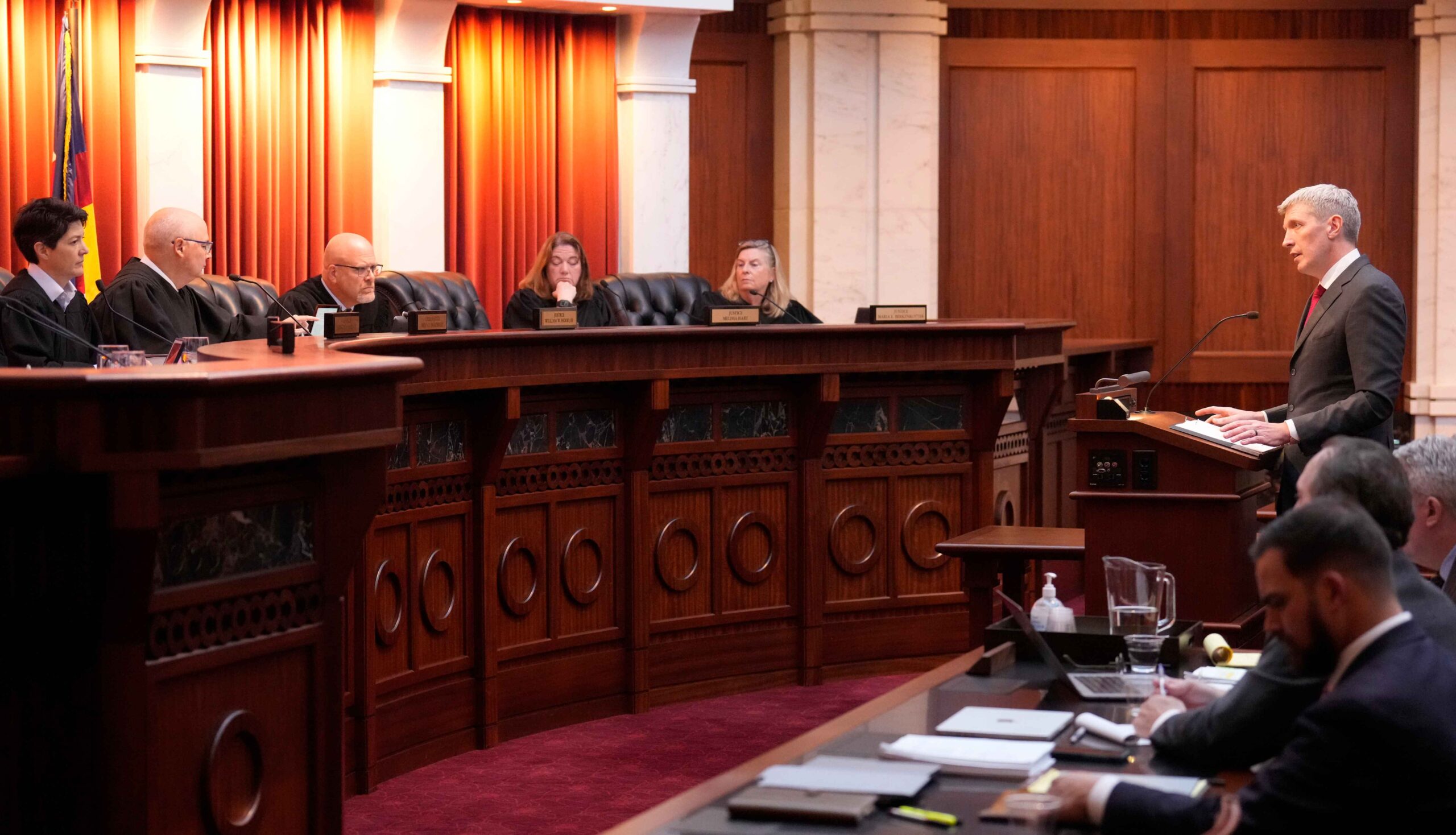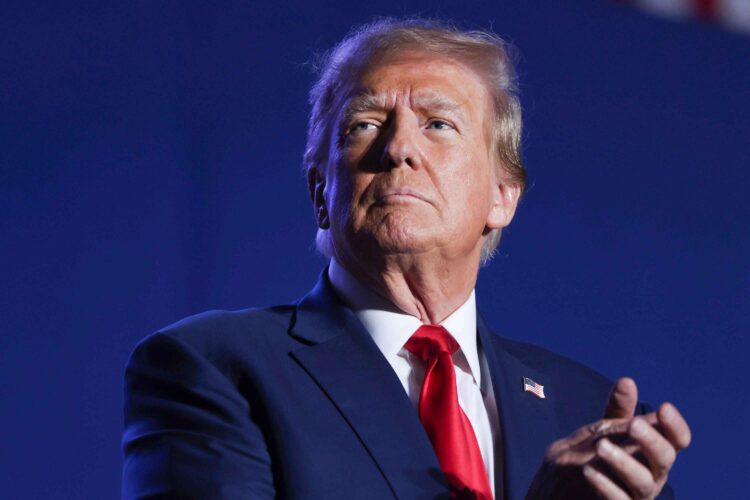The Michigan Supreme Court issued a ruling on Wednesday rejecting an attempt to bar former President Donald Trump from the state’s primary ballot in 2024.
The decision to throw out the challenge to Trump’s candidacy in the state comes just over a week after the high court of Colorado’s unprecedented ruling to remove him for his role in the January 6 Capitol riot.
The brief order from the Supreme Court of Michigan declared that the state’s justices “are not persuaded that the questions presented should be reviewed by this Court,” and thus will not take up the case filed by liberal activist group Free Speech For The People. The group’s application sought to challenge the previous ruling from the Michigan Court of Appeals, which left Trump’s eligibility up to the Republican Party.
Free Speech for the People alleged that Trump had engaged in an “insurrection” against the United States and is therefore disqualified from holding office under Section 3 of the 14th Amendment. Though Michigan ultimately rejected the notion, this line of argument was also at the center of the case in Colorado, which produced a very different result.
Learn the benefits of becoming a Valuetainment Member and subscribe today!

As Valuetainment previously reported, the Colorado Supreme Court ruled 4-3 that the former president is ineligible to appear on the state’s ballot, preventing him from being considered as either a listed candidate or a write-in option. According to the text of the Constitution:
No person shall be a Senator or Representative in Congress, or elector of President and Vice-President, or hold any office, civil or military, under the United States, or under any State, who, having previously taken an oath, as a member of Congress, or as an officer of the United States, or as a member of any State legislature, or as an executive or judicial officer of any State, to support the Constitution of the United States, shall have engaged in insurrection or rebellion against the same, or given aid or comfort to the enemies thereof. But Congress may by a vote of two-thirds of each House, remove such disability.
The decision is currently on hold until an appeals hearing on Jan. 4.
Related: Republicans Respond to Trump’s Removal from Colorado Ballot
In the final ruling, the Michigan Supreme Court made reference to the Colorado decision, highlighting the difference in electoral policies between the two states.
“Significantly, Colorado’s election laws differ from Michigan’s laws in a material way that is directly relevant to why the appellants in this case are not entitled to the relief they seek concerning the presidential primary election in Michigan,” Justice Elizabeth Welch wrote Wednesday, explaining the court’s ruling. The Colorado case consisted of “a lengthy evidentiary proceeding in a trial court that developed the factual record necessary to resolve the complicated legal questions at issue,” but no “analogous provision” was made in Michigan.
Notably, the Michigan Supreme Court did not prohibit further 14th Amendment challenges if and when Trump is named the Republican nominee after the primary process.
Similar cases are pending against Trump in Texas, Nevada, Wisconsin, and several other states.


















Add comment